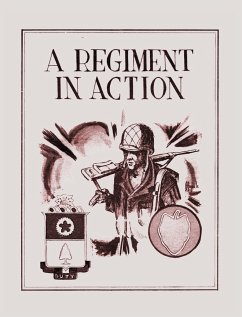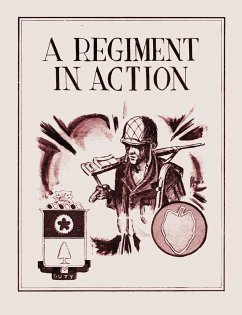This study examines the nature and effects of terrorism by focusing on the ideology and activities of an extreme-left revolutionary faction - France's Action directe (AD). The author then explains how a violent group could appear in a stable Western society such as France. The author argues that the term 'terrorism' cannot account for varying degrees and intensities of political violence. Despite the often cited and allegedly strong association between terrorism and menace to society and government, AD was generally more threatened than were French society or institutions. The motives for its increasingly lethal violence are explained by reference to French political traditions, in which violent protest frequently signifies ideological struggle against political rules. AD's goals and preoccupations had many similarities to previous post-1789 extreme-left protest groups. The organization based its rationale for political violence on gauchisme and May 1968. In the late 1970s the ideals of gauchiste radicals from groups such as Gauche proletarienne lived on in fringe anarchist and Maoist groups. A potent ideological 'cocktail' spiked with anarchism and Maoism was thus transmitted to AD. AD itself continued to change as a result of ideology. In the 1980s, internal disagreements split the organization into two groups: Action directe nationale (ADn) and Action directe internationale (ADi). ADn and ADi subsequently developed separate appeals to their largely mythical political 'clientele'. ADn focused on French current affairs, business and politics. ADi analysed global conditions and justified its assassinations as part of a struggle against 'imperialist projects'. The case of these twogroups illustrates the importance of ideology in explaining French extreme-left political violence. AD reacted to the consolidation of an ideological consensus in France during the 1980s, producing an ideology that both contained traditional political themes and anticipated later mainstream preoccupations. AD's fatal obsession was its pursuit of violent revolution at a time when mass-based anti-regime protest was absent. The group mixed millenarianism, workerism and nihilism in a violent but futile assault on a stable advanced industrial democracy.








